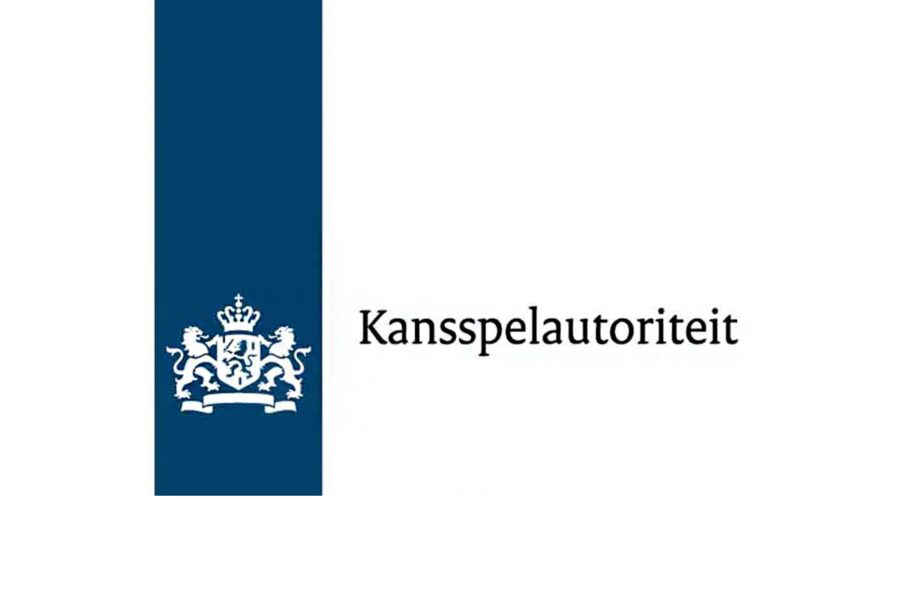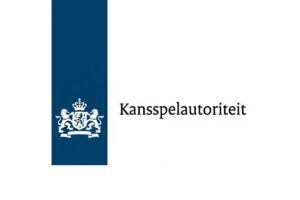Dutch gambling regulator explores implementation of new gambling indicators

The KSA used player data to identify new factors associated with problem gambling.
The Netherlands.- The Dutch gambling regulator Kansspelautoriteit (KSA) has announced that it will explore how to implement the findings from its investigation into gambling indicators. It said new indicators could be used to improve problem gambling prevention and treatment.
The KSA used pseudomised player data, which dutch licence holders are required to store in data vaults with personal identifiers removed. It says that an analysis of the data revealed new indicators of problem gambling beyond that of big losses. These included session duration and the time of day in which a customer is active, with playing at night found to be an indicator of problematic gambling behaviour.
The KSA’s study found that casino gaming was more usual at night than sports betting. The regulator also looked at factors including the quantity of deposits made in a day, the types of gambling consumed and operators’ interventions. It said that by linking indicators together, new sources of information can be used.
The KSA’s new fines policy
At the start of the year, the KSA published a new general fines policy for gambling operators in the Netherlands. The policy outlines guidelines for how the regulator will impose financial penalties on gambling companies in a bid to provide more clarity
In force since January 1, the new general fine policy applies to all types of licence violations that the KSA supervises. Separate policies relating to illegal online supply and the illegal exploitation of gaming machines and gambling terminals will continue to operate.
The new policy includes five categories, with a basic fine in each category between €500 (category 1) and €2m (category 5). Fines in the fifth category are only imposed for Anti-Money Laundering and Anti-Terrorist Financing Act violations (Wwft violations). For other violations, the highest category (category 4) includes the possibility of a turnover-related fine of 3 per cent of an offender’s gross turnover, which the KSA says is intended to increase the effectiveness of the fine.










